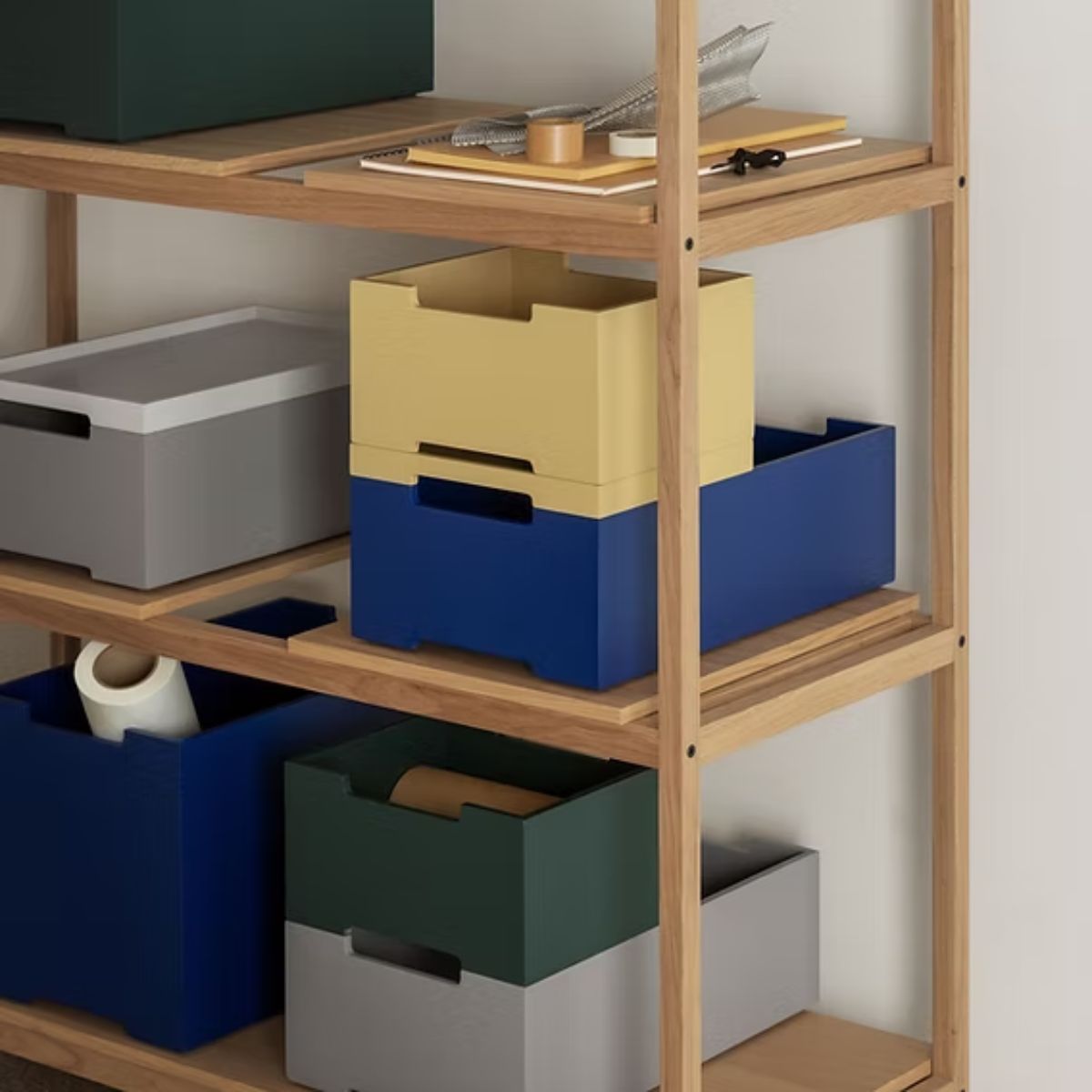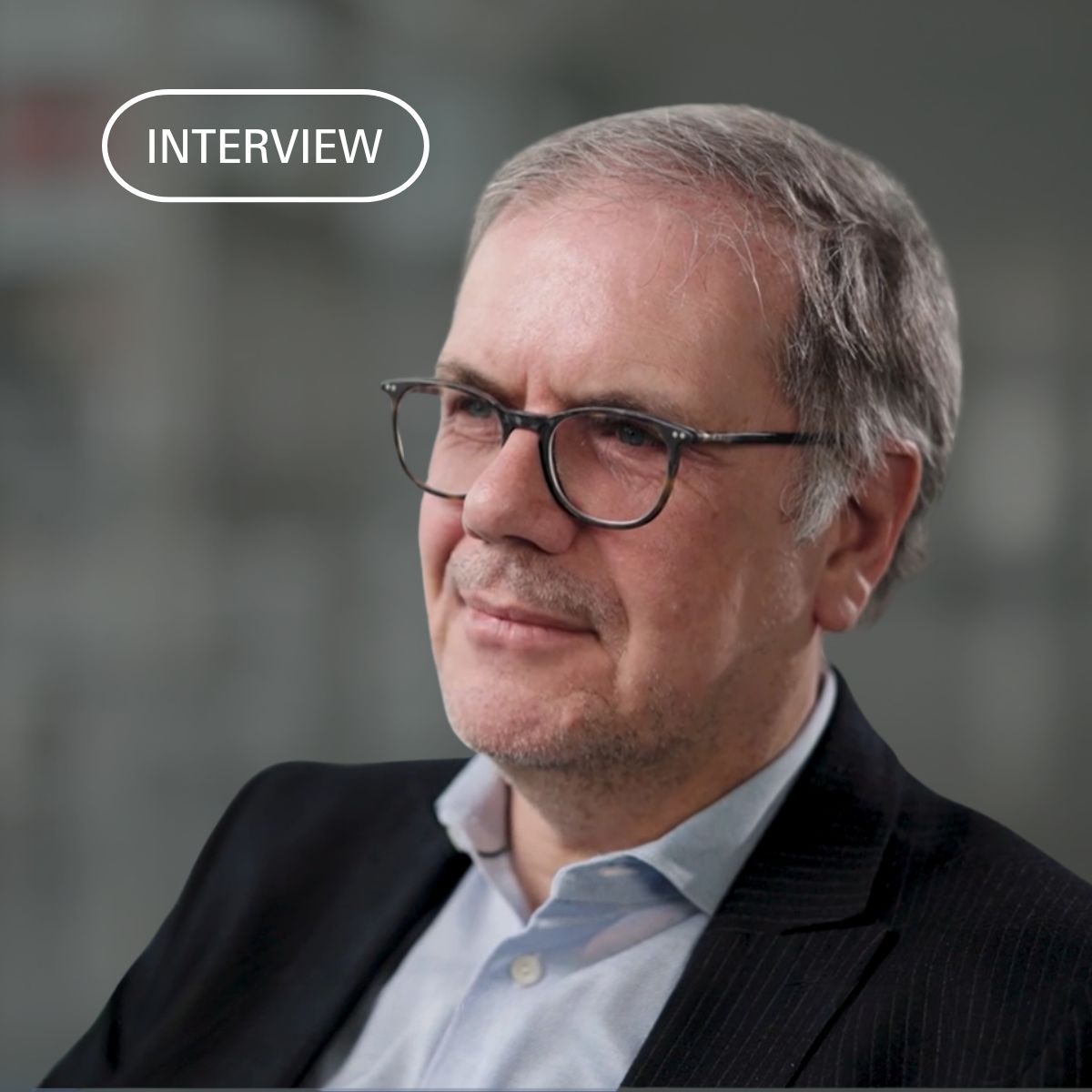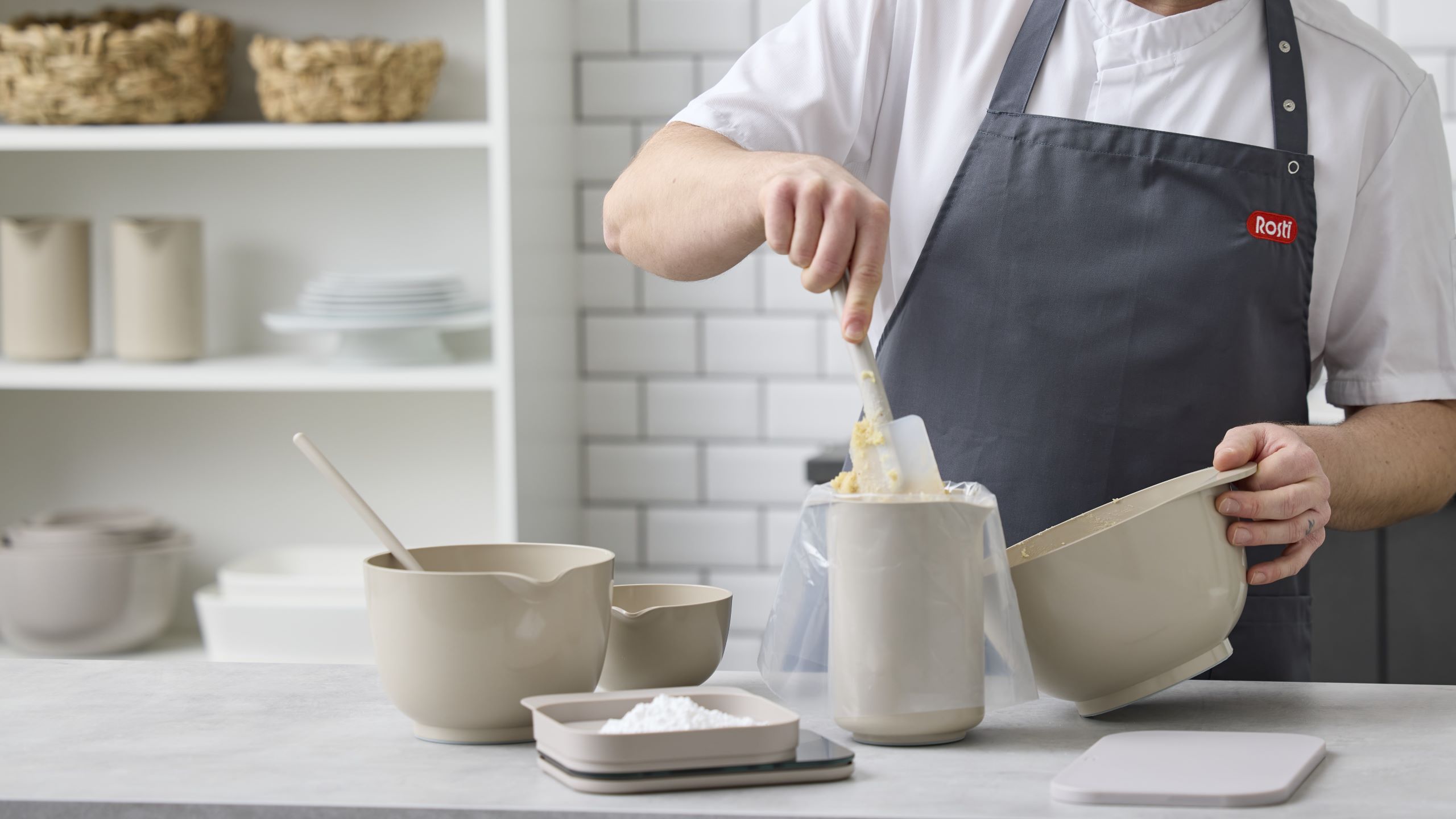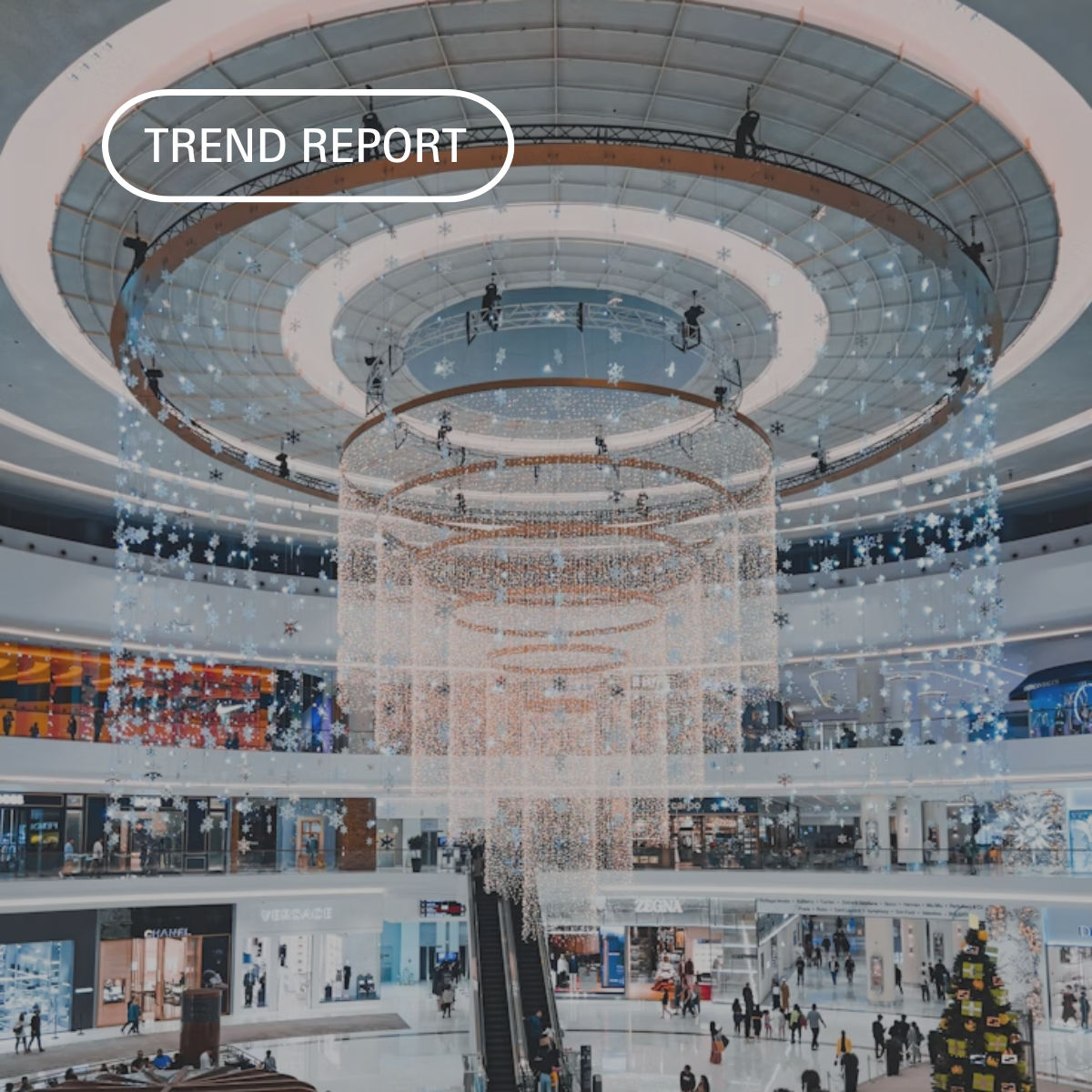Reading time: 4 minutes
Communication within work teams is closely linked to the design of the office space. Home office, remote work and co-working spaces also play a decisive role. In addition, the "well-being factor" is highly valued by employees. All this needs to be combined in the modern office to ensure an attractive workplace in the age of New Work.
How will things develop here in the future and what does this mean for the product world? What is now in demand in retail? We asked Michael Ruhnau, President of the Office and Stationery Trade Association (HBS), these and other questions in an interview.
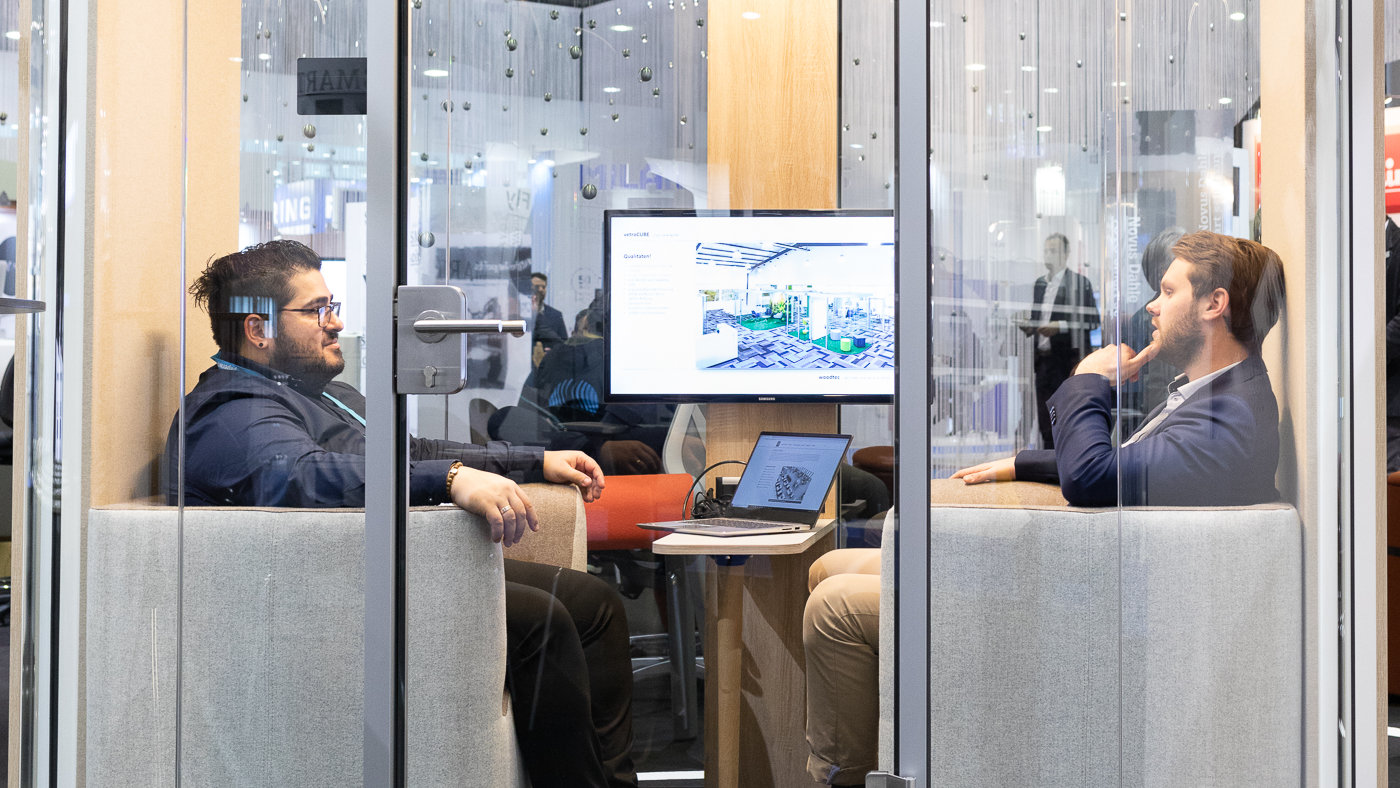
New work, co-working and home office are currently the hot topics when it comes to the working world of tomorrow. Are these just trends for you or do you see a change in the industry?
Michael Ruhnau: "If anyone still believes that the changes in the working world, especially after the stormy, pandemic-related new circumstances, are temporary events, they probably also still believe in Father Christmas. The realities that have resulted from the lockdown's need for action can no longer be explained away. It is a question of shaping the New Work, company agreements and regulations, for example, on how to reach agreements on presence and/or home office in production-related areas. This then leads to the planning of work locations. The actual task and activity profile then determines their profile and appearance."
How exactly has the PBS industry changed and how do you see it developing in the coming years?
Michael Ruhnau: "It has become difficult for the stationary trade. During the two prolonged phases of shop closures, many customers have been forced into distance selling. Winning back these customers requires a lot of effort from local retailers. A revival of the local relationship must offer more than boring monotony. The essential attributes, competence, appreciation of the customer and a comprehensive range of goods are keys to future survival.
In B2B business, the focus is on professionalism, not the product. The service package is called trouble-free C-item management. Here, due to the addressee in the home office, a significantly changed distribution and delivery management is required. Data quality continues to gain in importance. Only those who face the different, changed requirements with competence and service readiness will be able to continue to maintain their position as a supplier."

How should the industry and especially the trade adjust to these changes?
Michael Ruhnau: "It's not a question of how the trade should adjust, but how it has adjusted. Those who have not already taken the necessary steps in the past months are currently having a hard time. Retailers' shop systems that allow 24/7 ordering, access from home offices, expansion of personal customer relationships, quality of advice and delivery reliability, value for money and regionality are the decisive attributes that have kept retailers in business and will keep them in business."
Can you give a practical example here of how a retailer has already gone down this path of change?
Michael Ruhnau: "I can describe what many colleagues and we have done. Changes in assortments adapted to the situation. Reacting quickly to the separation of product groups we have grown fond of and implementing product groups that were previously foreign to the industry. A manifold expansion of the range of services. Challenges that hit the company and its customers out of nowhere had to be overcome. They were accepted and translated into qualified services and rewarded by the companies. Where companies had to make more effort with their procurement resources to ensure their own production, the extended service of the trade in the C-item area was gladly accepted and will establish itself permanently."
What does it take to bring New Work and home office or the products for it into the trade or which products are in demand in this context and doesn't advice and service also play a major role?
Michael Ruhnau: "What is needed are open ears and proximity to customers and their needs. A colleague from the north says: "We are now also a beverage supplier" and a colleague with proximity to an airport now also has illuminants for runway lighting in his range. Our "classic" PBS industry partners offer a comprehensive product range with which the trade can satisfy the needs for design, value, adaptation to the living environment and appropriate packaging units. Functionality and sustainability are given and thus meet the requirements of the users."
What specific advice would you give to all retailers to be on the cutting edge now?
Michael Ruhnau: "It is not my place to give good advice, but what we do in our group of companies is to act quickly, cut off old habits, face new challenges courageously, give priority to liquidity, pass on price increases consistently - also on the shop floor -, maintain customer contact and also communicate our performance time and again to prospective and new customers."
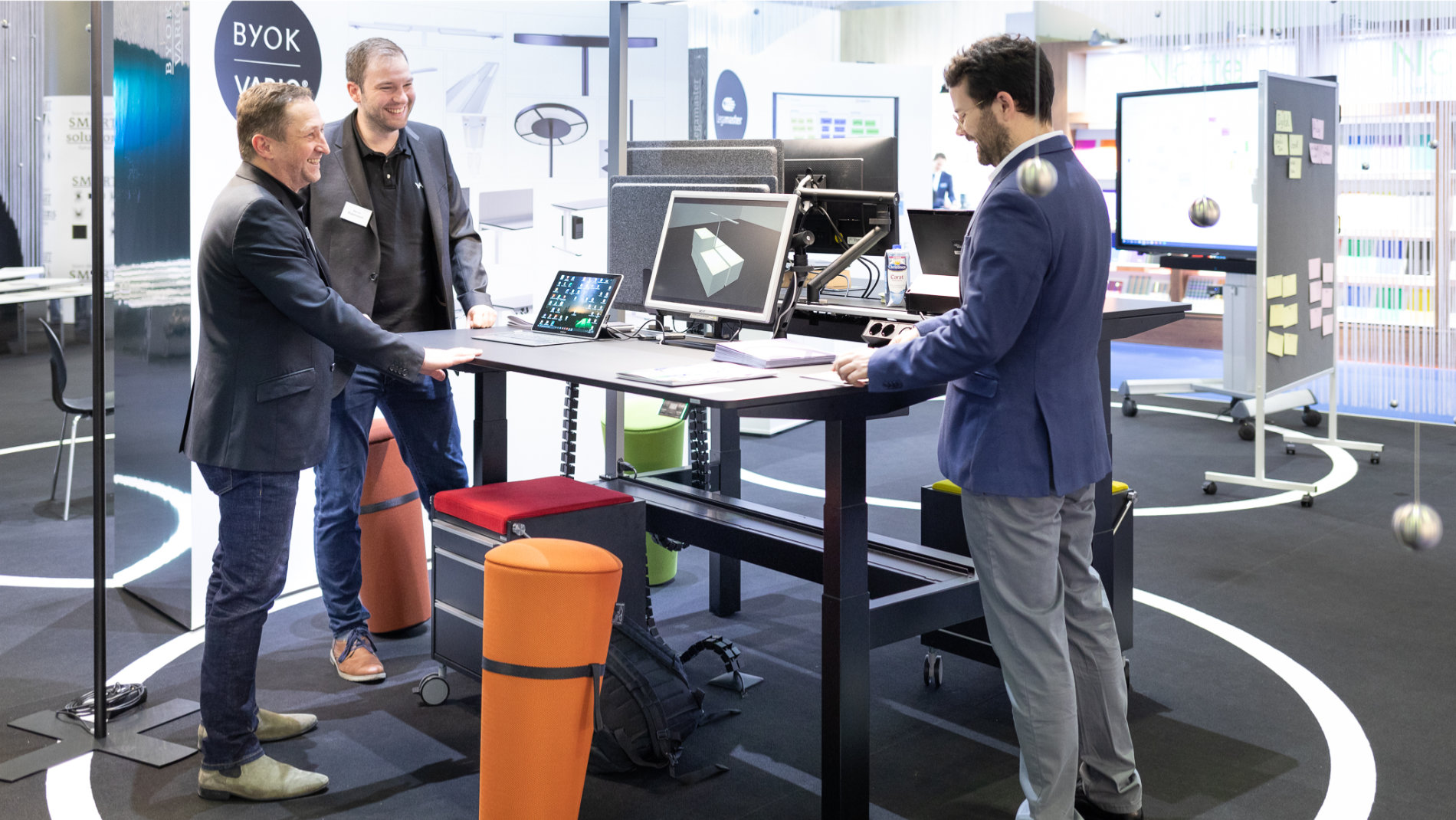
Home and office are merging, new work and lifestyle trends continue to grow together - this will also be visible at Ambiente from 3 to 7 February 2023. Ambiente Working expands the existing Living, Giving and Dining sections of the international consumer-goods fair, which thus covers all worlds of life. New synergies and potential will be created, opening up exciting opportunities and sales potential through a changed view of the product worlds of the consumer-goods market. The Ambiente Working section reflects this development and creates attractive offers for both existing and new target groups.
Part of Ambiente Working is 'Future of Work' in Hall 3.1, where the modern world of work is combined with the products of the Ambiente Living section, Interior Design and Contract Business. Together, they form a unique source of inspiration in the crossover between home and office. The 'Future of Work Academy' is also to be found here, with specialist lectures that change daily.


